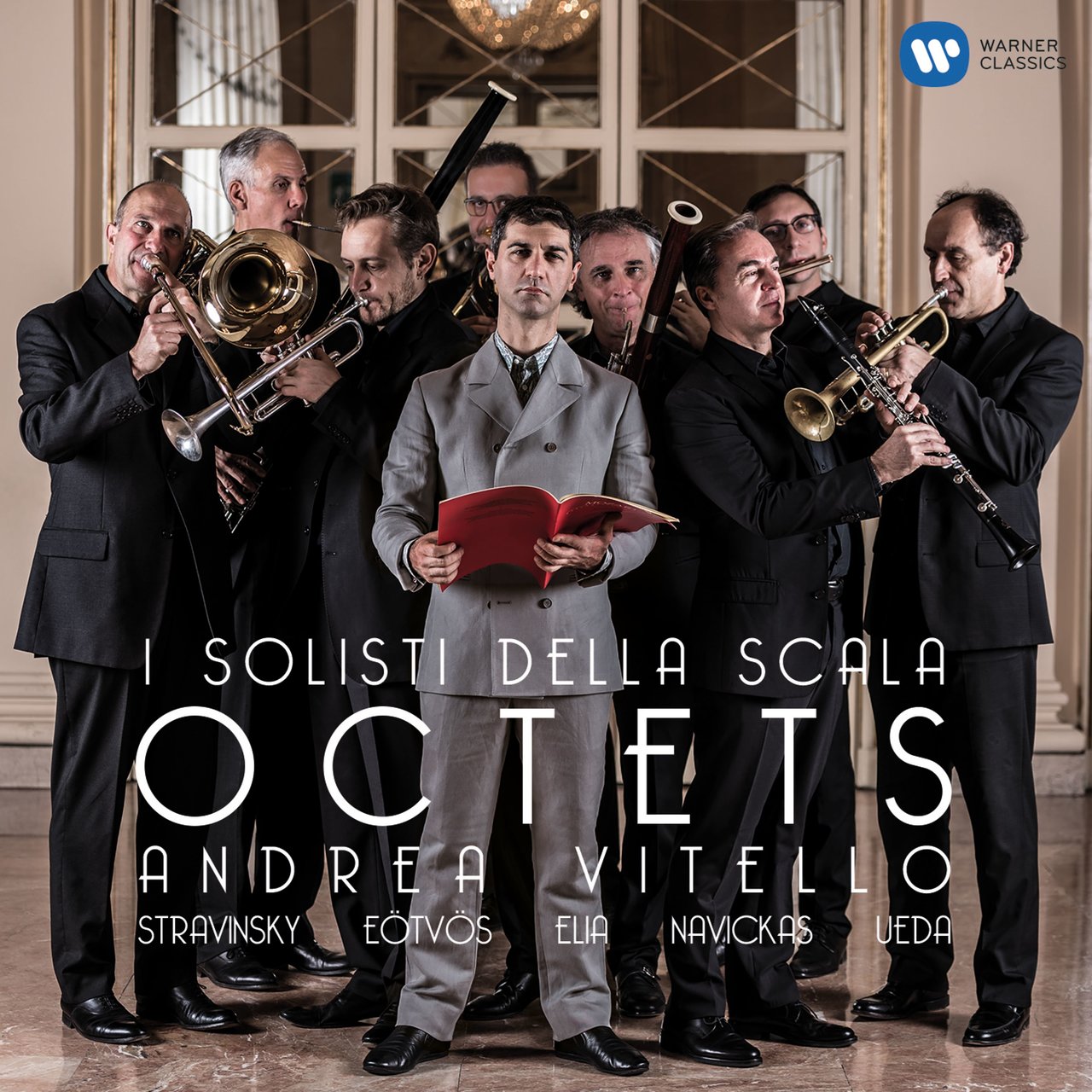
Stravinsky’s Octet for brass and woodwind is usually considered an early statement of the composer’s emergent neoclassical call to order. Opening with a movement in sonata form, rare for Stravinsky, and followed by a theme-and-variations and a dance-like finale, it was generally derided by critics used to his Russian primitivist stylings. Copland said Stravinsky’s octet “bore no conceivable resemblance” to his previous output. But, he observed, “the Octet was destined to influence composers all over the world.”
Indeed, the remainder of Andrea Vitello’s I Solisti Della Scala’s program presents a series of octets that draw inspiration from Stravinsky’s neoclassical turn. As Guido Barbieri’s liner notes suggest, these compositions reflect an understanding of music as “an...











Comments
Log in to join the conversation.